Chico State professor shares undocumented journey following Undocuweek
Dr. Arreguin-Bermudez started working at Chico State in 2004 as a Spanish professor. Photo credit: Kendall George
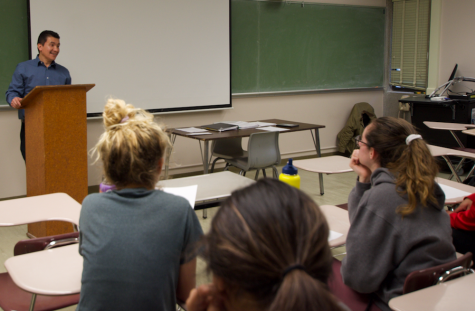
Dr. Antonio Arreguin-Bermudez teaches evening Spanish classes at Butte hall.
According to Elizabeth Alaniz, assistant director of the financial aid and scholarship office, Chico State doesn’t know how many undocumented students are on campus, but she estimates there are around 300. After reflecting on Chico State’s Undocuweek in February, she hopes that undocumented students get access to information that they didn’t have before.
Other than the Dream Center on campus, some professors had similar experiences and one was willing to speak about his, following Undocuweek.
Dr. Antonio Arreguin-Bermudez is a professor of the international languages, literature and cultures department.Up until 1994, Arreguin-Bermudez lived his life undocumented in California, crossing the border illegally twice in his life after being deported.
Originally from Michoacán, Mexico, Arreguin-Bermudez left home after middle school in 1985 to meet his father in Texas. He took a train to Tijuana and paid a man to help him cross the border only to find himself in San Diego, far away from where his family lived.
He ended up working and living in Fresno at a prune farm, cropping to pay rent, food, transportation and the money he owed to the rancher. He worked for over a year to pay back the rent until he was able to send money back home to his mother, father and eight siblings.
“We lived (with) about 30 workers in there and I was the youngest. No beds, no hot showers. We just took a shower outside with a bucket. No air conditioning. But I was happy. I had a place to stay and work so I was happy,” Arreguin-Bermudez said.
On Jan. 29, 1986, Arreguin-Bermudez was working in the fields when border patrol agents came and chased him.
“When I was thinking about the border patrol, I started creating an image of the devil,” Arreguin-Bermudez recalled. “It was hard for me to understand why I had to run. I wasn’t doing anything illegal, I was just working trying to save money for my family.”
They arrested him, held him in Fresno State Prison for the night and the next day he was back in Tijuana, Mexico.
“As soon as I stepped in Mexico, I looked back to the USA and I heard the border patrol agents say, ‘don’t come back’ and I looked at them and I said, ‘tomorrow.’”
He crossed the border again the next day and was working in the fields in Fresno within a week. After being deported, Arreguin-Bermudez decided to go to school, specifically to learn English so he could talk to the border patrol agents when they came back again.
“My favorite class was P.E. because that was the first time I took a hot shower in the United States.”
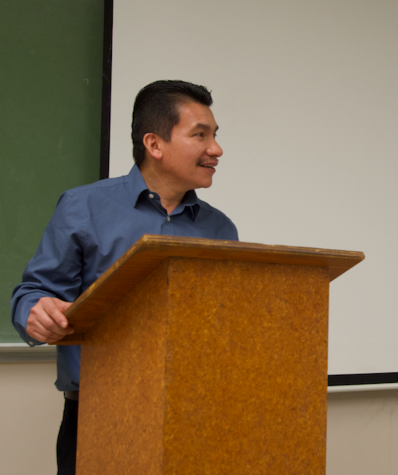
Arreguin-Bermudez teaches an advanced oral expression, where students practice conversation and presentations in Spanish.
After spending a few months at an adult night school, he started going to high school with people his own age. Arreguin-Bermudez eventually graduated with a high GPA and enrolled himself at Fresno State. During this time, Arreguin-Bermudez was applying for a green card, eventually getting a work permit and, in 1994, his American citizenship. While in college, he worked in the cafeteria as a janitor until he got his bachelors in 1995. He finished his master’s degree in Mexican literature in 2007.
“I am very thankful for this education because I learn about myself, about my roots.”
After receiving a prestigious scholarship, Arreguin-Bermudez moved to Arizona to get his Ph.D. in Mexican literature and, after graduating, started working as a professor fall 2007 at Chico State, where he has been ever since.
“We are all humans. Yes, I am a U.S. citizen, but I believe I am a citizen of the world. We don’t live too many years. I want to live in a place that is not toxic to discrimination. If you want to do something positive in this life, you cannot live in this toxic environment,” Arreguin-Bermudez said. “It hurts when people make you feel that you do not belong on this land. We belong to this continent, we never really crossed the border, the border crossed us.”
“Based on what I hear from students, the biggest obstacle is financial. Most California Dream applicants only have tuition fees covered, everything else is paid out of pocket. Not all undocumented students apply, or are eligible, for California Dream Act application, they pay everything out of pocket,” Alaniz said.
She says that she wants people to know that not all undocumented students have DACA, and they are overlooked. For Arreguin-Bermudez, his advice for students is centered on reflection.
“We all need to be conscious about this situation. It is very difficult to be an immigrant,” Arreguin-Bermudez said. “Imagine yourself leaving tonight with just your backpack and going to another country. You arrive there with everything new and you owe $20,000 right away. Everything is different and you have to start from nothing. This is the situation for millions of people in the United States.
Kendall George can be reached at [email protected] or on Twitter @kendallmgeorge.



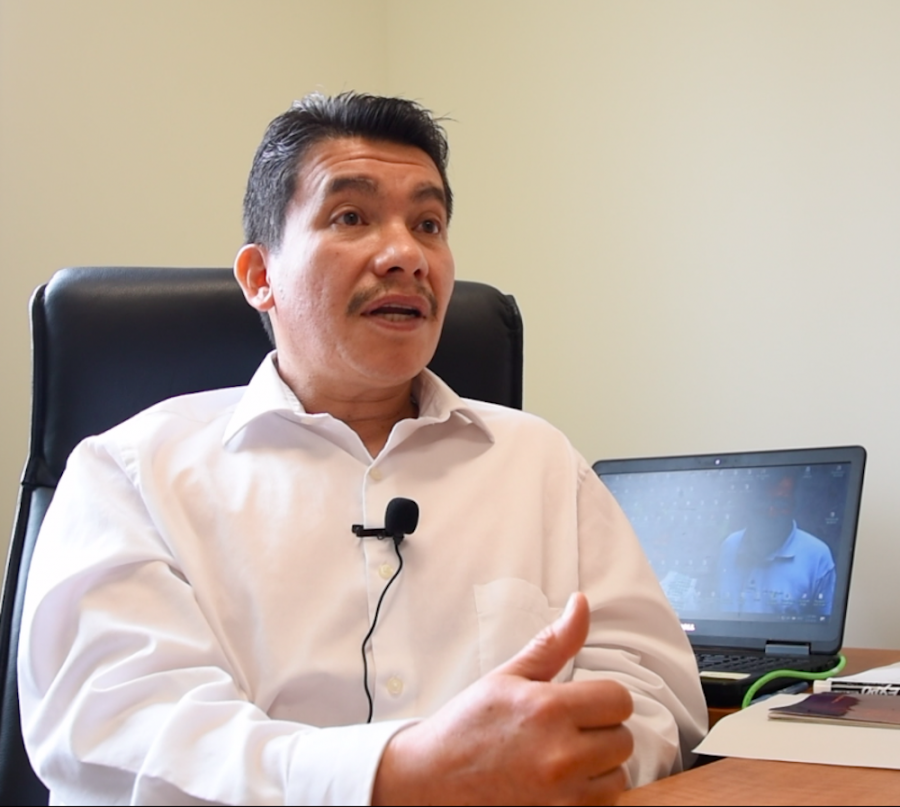
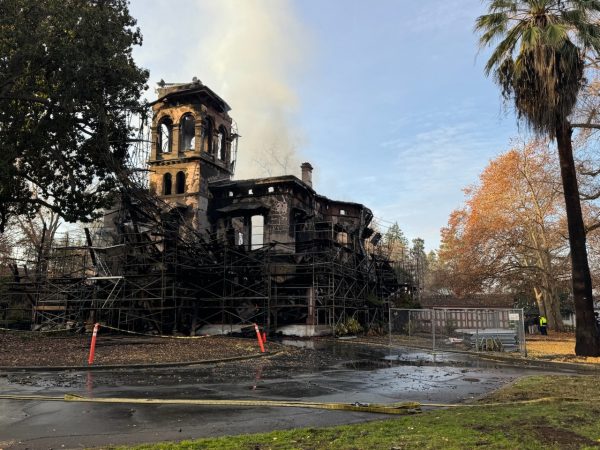
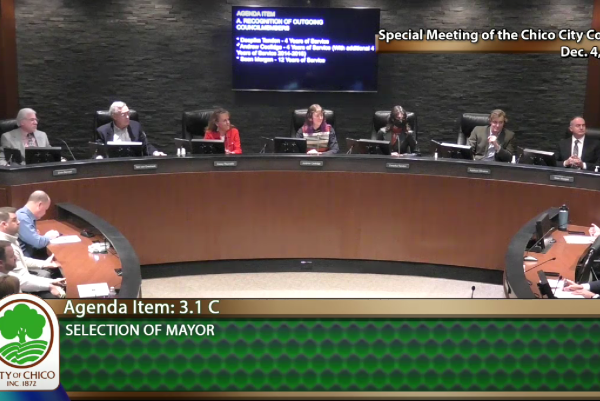


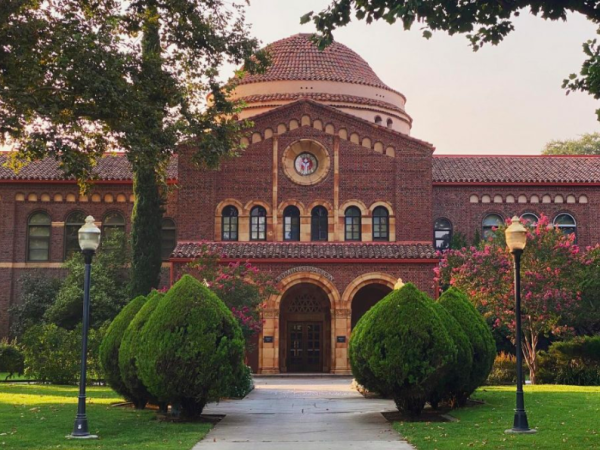
Marisa Torres // Mar 12, 2019 at 7:35 pm
The best professor at CSU Chico! So humble and awesome!